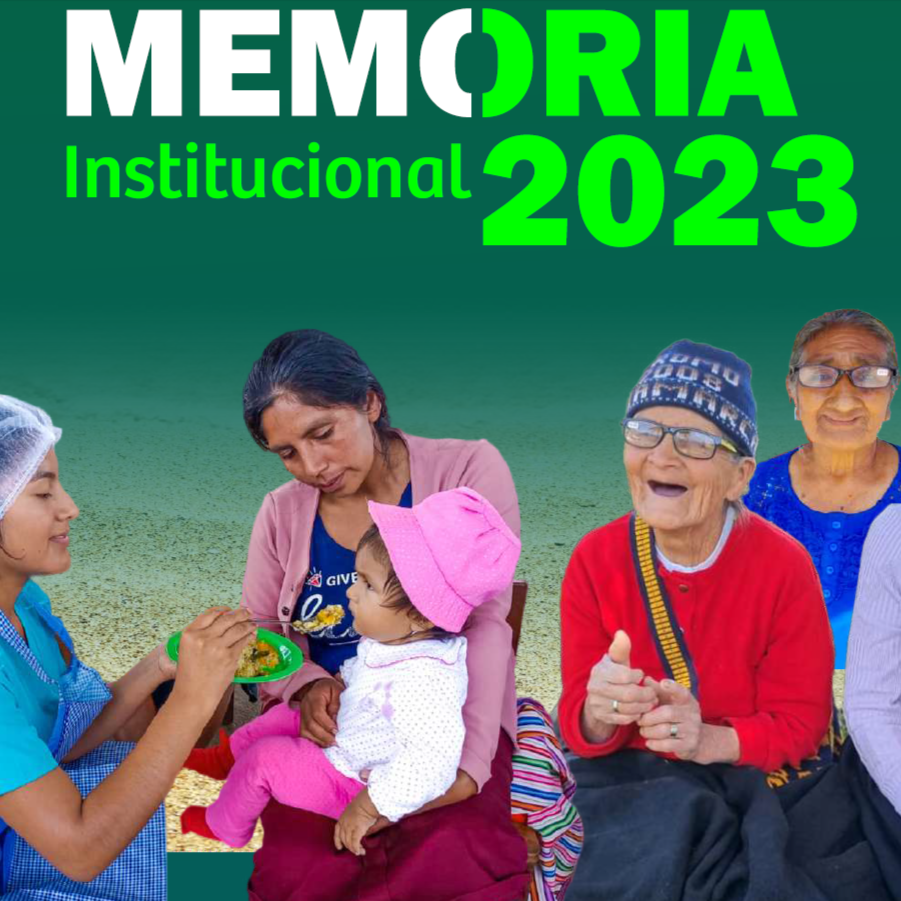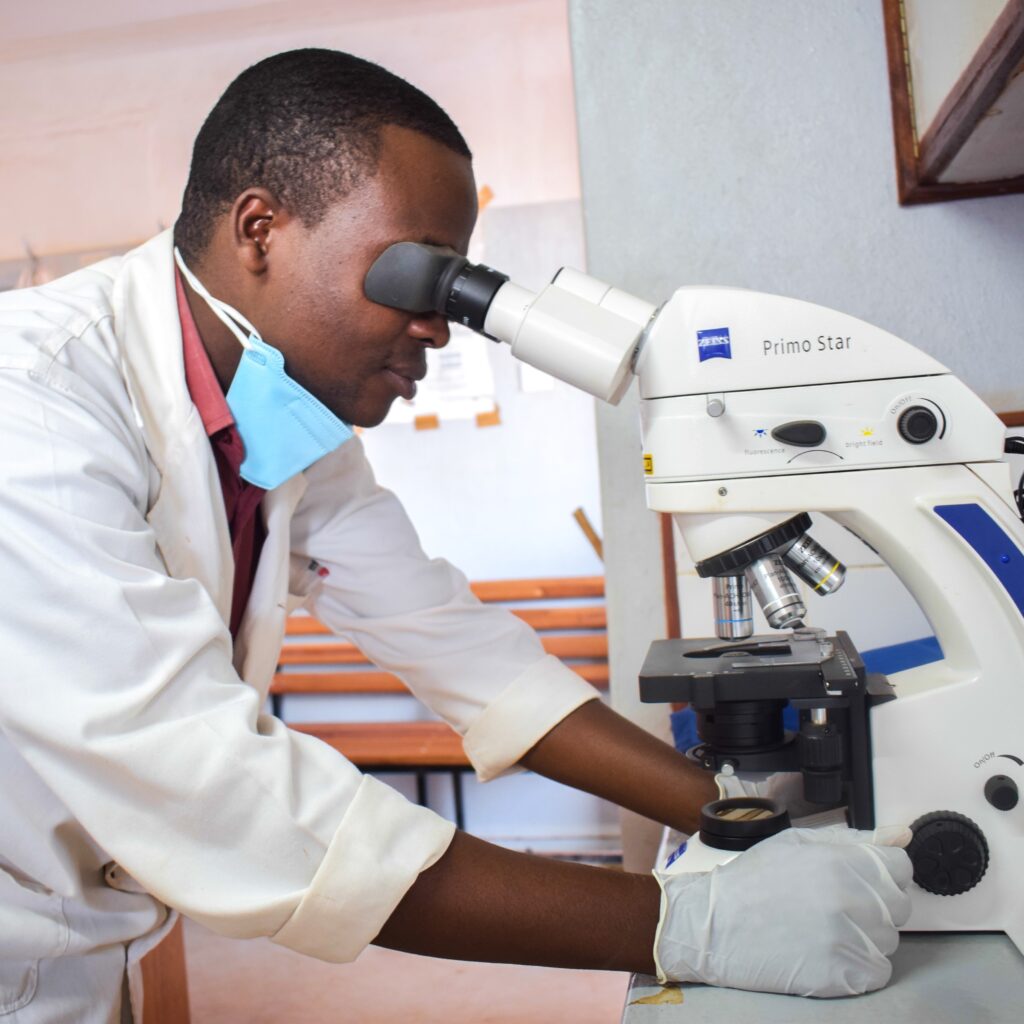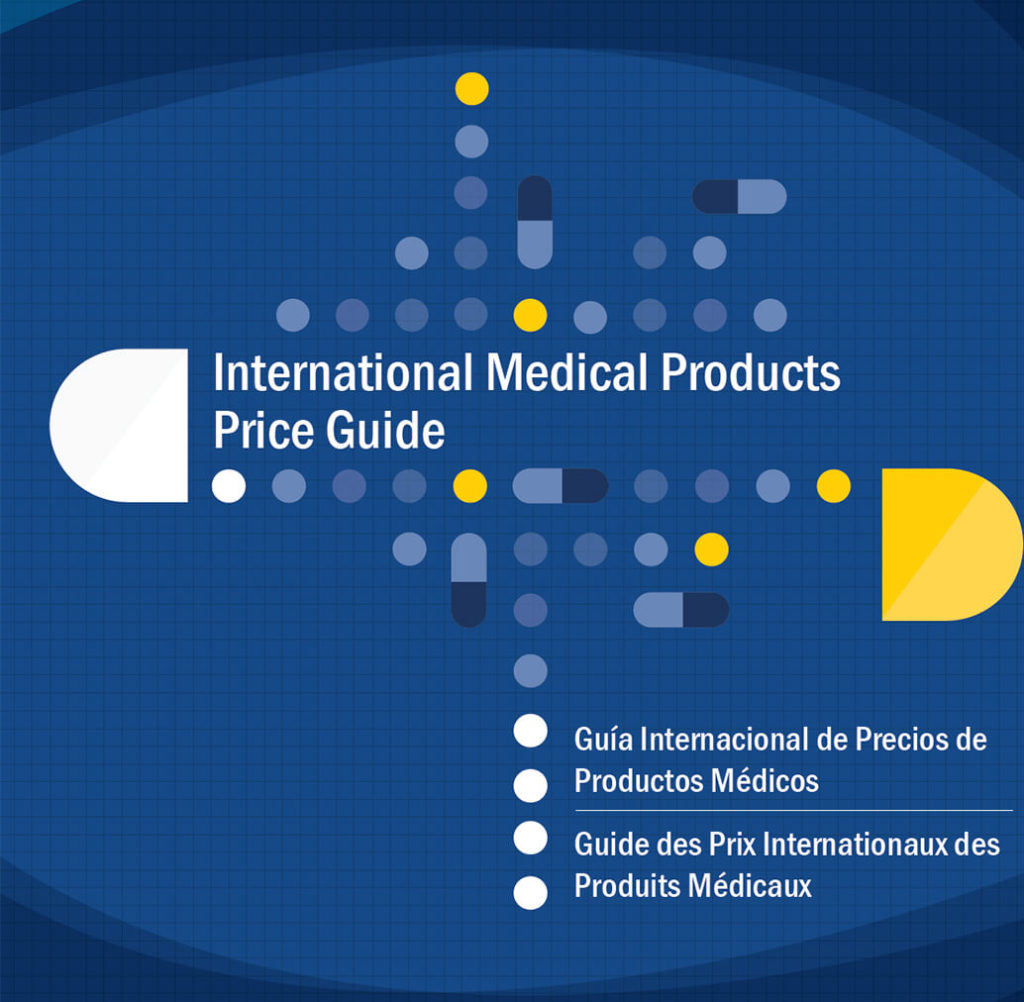The Cost and Impact of Integrated Community Case Management (iCCM) in Burkina Faso: Studies from the Nord, Centre-Nord, and Boucle du Mouhoun Regions
The Cost and Impact of Integrated Community Case Management (iCCM) in Burkina Faso: Studies from the Nord, Centre-Nord, and Boucle du Mouhoun Regions
Despite increasing investment into the country’s primary healthcare system, Burkina Faso’s population of more than 17 million experience a significant unmet need for basic health services, particularly those living in rural, hard-to-reach areas. Consequently, Burkina Faso ranks 14th globally in under-five mortality with an average of 102 deaths per 1,000 live births. Integrated community case management (iCCM) is considered to be an effective strategy for expanding the treatment of diarrhea, pneumonia, and malaria, which result in nearly 44 percent of deaths worldwide in child under five. Despite the success of this strategy in several low-income countries, iCCM programs in many other countries have yet to be implemented or expanded partly due to concern or uncertainty about the costs and financing of the intervention as well as the corresponding health outcomes from the investment. At the request of the Bill and Melinda Gates Foundation (BMGF), MSH developed investment cases for scaling up iCCM programs in Burkina Faso and Nigeria. Using the USAID iCCM Costing and Financing Tool, MSH detailed the costs of investing in iCCM and community health workers, as well as the estimated return on investment (e.g. quantitative health outcomes) by using the Lives Saved Tool (LiST).


